Swiss gun tradition in the crossfire
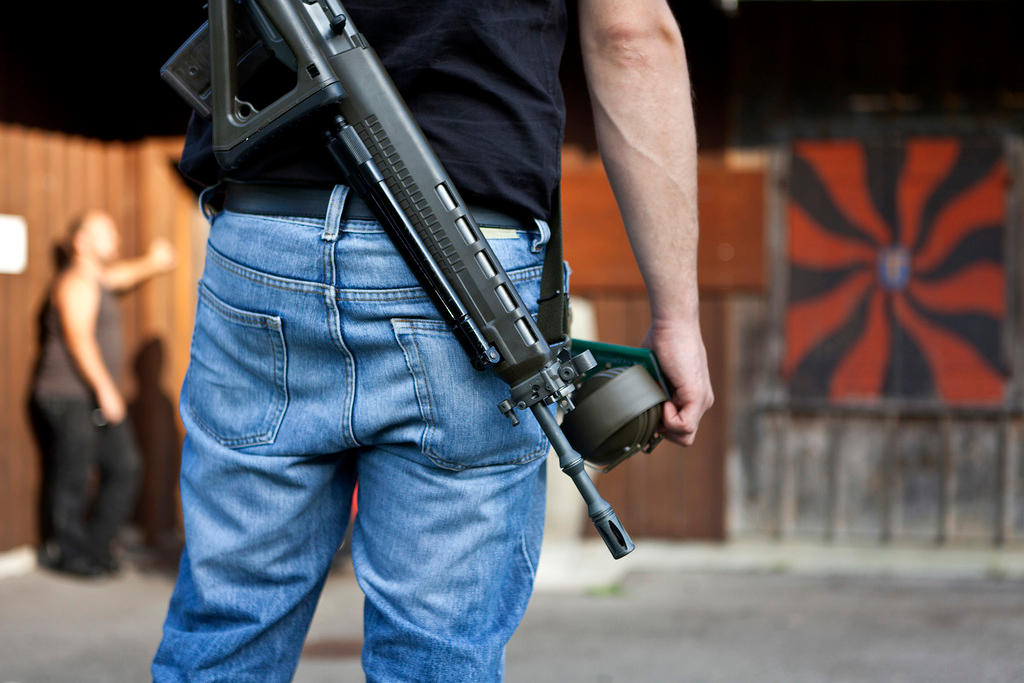
Emotions are running high ahead of a nationwide vote on reforming Swiss gun law. Opponents argue Switzerland’s independence is at stake on May 19. The outcome of the referendum will have a direct bearing on relations with the European Union.
In the wake of the 2015 terrorist attacks in the French capital, Paris, where gunmen killed more than 100 people, the EU decided to tighten firearms regulations.
It made the acquisition and ownership of guns more difficult, improved the traceability of arms components and increased cooperation on security among members and associated members of the 28-country bloc.
The EU’s stated aim is to reduce the risk of assault rifles being traded on illegal markets and ending up in the hands of terrorists and other criminals.
Crucial exceptions
As a member of the single-border Schengen area, but not the EU, Switzerland must adapt its law in line with EU regulations. In negotiations with Brussels, the Swiss government called on the European Commission to consider the strong Swiss gun tradition.
Ultimately, Switzerland’s government says it convinced the commission to drop the demand that private individuals be categorically banned from owning automatic and semi-automatic guns.
Instead, semi-automatic weapons with magazines of more than ten rounds used for rapid fire are formally banned, but in practice, they are subject to an official licence by cantonal authorities.
Justice Minister Karin Keller-Sutter has stressed the importance of an opt-out clause for standard-issue army rifles, negotiated successfully by the Swiss delegation in Brussels.
“We agreed crucial legal exceptions to implement the EU regulations in Switzerland,” she told a news conference launching the government’s vote campaign ahead of the May 19 ballot.
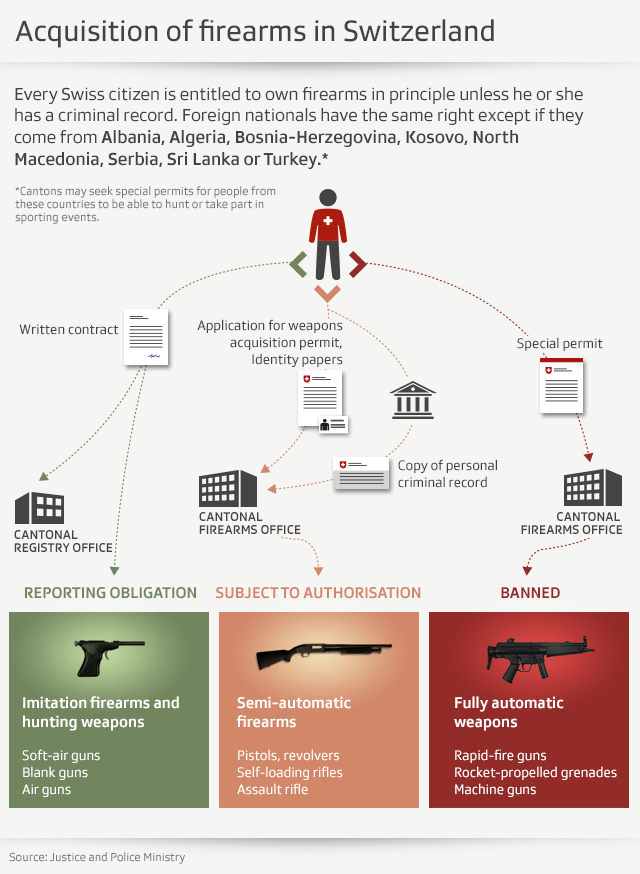
Under the deal, the Swiss army assault rifles are formally banned. But the EU allows Swiss citizens to keep their firearms, including the magazine cartridge, after they’ve completed their mandatory military service, so they can continue to participate in sports shooting events and mandatory shooting practice.
In other words, citizens who want to acquire the standard-issue rifle will continue to have the right to buy it from the army.
“The legal reform being put to a vote respects Switzerland’s time-proven gun tradition,” Keller-Sutter assured.
The government insists that the impact of the legal reform is minimal for sports marksmen taking part in competitions, a tradition still widespread in Switzerland. If the new law passes, they will have to register with a rifle club as a precondition for owning a firearm.
Hunters are not affected by the legal amendment, according to the government, because they do not use semi-automatic rifles.
Fallout for other agreements
Switzerland’s membership in the Schengen/Dublin accord,External link which governs European security and asylum policy, is directly linked to voters’ approval of the gun law reform.
The government has warned that failure to include new EU firearms regulations in Swiss law would almost inevitably lead to the suspension of cooperation agreements on security. This could only be prevented if all the EU member states agreed to grant Switzerland further exemptions within 90 days.
As the agreement on the European single border area is tied up with the deal on cooperation regarding asylum issues, Switzerland’s membership in the Dublin accord would also become null and void.
The government has stressed the risk of Switzerland being shut out from both agreements, arguing the country would lose access to the Schengen Information System (SIS)External link. It is most widely used by police and customs officers across Europe to share information on security and border management.
As a result, Switzerland would have to re-introduce systematic border controls, increasing the daily workload for customs and border security staff which would likely lead to delays at border crossings.
The government says exclusion from the Dublin accord would mean that Switzerland could no longer send asylum seekers back to member countries where they first registered. Instead, the Swiss authorities would have to handle all asylum applications on their own and such go-it-alone policy could potentially attract more asylum seekers.
Disarming
Last year, a parliamentary majority approved the gun law reform as proposed by the government. Of the main political groups, only the Swiss People’s Party voted against it.
The rightwing group argued that the reforms were not suitable to combat terrorism and it notably opposed the new administrative rules for rifle clubs.
“The EU directive amounts to disarming Swiss households. And it makes unjust demands to Swiss marksmen,” said People’s Party parliamentarian Werner Salzmann at the launch of the vote campaign.
He warned Switzerland not to bow to pressure from Brussels, arguing that it would mark the beginning of complete surrender to the EU.
The proposed legal amendment is “simply too much,” argue opponents of the new gun law. They say that the reform takes away the right to gun ownership, a move “typical of illegitimate regimes”.
Those who campaigned for a referendum on the reform warn that Switzerland will have to give up living traditionsExternal link, including the right to store an army assault rifle at home and to take part in sports shooting competitions.
Opponents of the reform also argue that the EU would not act on its threat to exclude Switzerland from cooperation on security and asylum, since it is in Brussels’ own interest to maintain it.
Referendum campaign
Following defeat in parliament last year over the gun law, the People’s Party decided to collect the necessary signatures from citizens to force a nationwide referendum on the issue.
The rightwing group had the full backing of the federation of sport shootingExternal link and collected about 125,000 signatures within three months – more than twice as many as required.
The sport shooting federation is made up of 14 separate national associations, including hunters, arms collectors, gunsmiths and non-commissioned army officers. About 80% of Swiss marksmen use a semi-automatic gun to take part in competitions, according to the federation.
Calling for a “No to the disarmament dictate by the EU”, the campaigners are convinced that the amended gun law would in no way help increase security in Switzerland. They have criticised that the reform would ultimately spell the end of the popular sport of marksmanship, making gun ownership a privilege for a few instead of a citizen’s right.
The issue has created a divide among officers in the Swiss armed forces. While the federationExternal link has come out against the reform, a separate committee External linkhas been launched to campaign in favour.
High rate of gun ownership
An estimated 2.5 million firearms are in private hands in Switzerland – a country of nearly 8.5 million residents. This high rate of gun ownership puts Switzerland among the top four in an international comparison.
However, observers point out that Swiss gun ownership data lack accuracy, as parliament has in the past refused to systematically register old guns.
Swiss laws were amended ten years ago, in the wake of Switzerland joining the Schengen accord, but a proposal by leftwing parties to set up a centralised gun registry was thrown out.
Voters also rejected a people’s initiative to restrict gun ownership at the ballot box in 2011.
Owners of semi-automatic guns who are registered with the cantonal authorities are not affected by the reform of the gun law.
However, owners of such firearms who haven’t yet registered must do so within three years after the amended law takes effect.
People who wish to buy a semi-automatic gun must hand in a formal application, stating the reason for the acquisition, be it marksmanship or as collector, for example.
Marksmen have to prove after five and ten years, respectively, that they are members of a rifle club or that they regularly practise target shooting.
Museums and arms collectors must guarantee the firearms are stored safely and keep a record of the arms.
The reform is also aimed at improving the traceability of weapons components, notably the lock, stock and barrels. Producers, importers and exporters must notify the cantonal authorities within 20 days of any transaction involving a gun or parts of a firearm. These parts must be marked to be able to track them more easily.
Under Swiss gun lawExternal link, Swiss citizens living abroad as well as residents without a C resident permit are subject to special regulations for the acquisition of firearms within Switzerland.
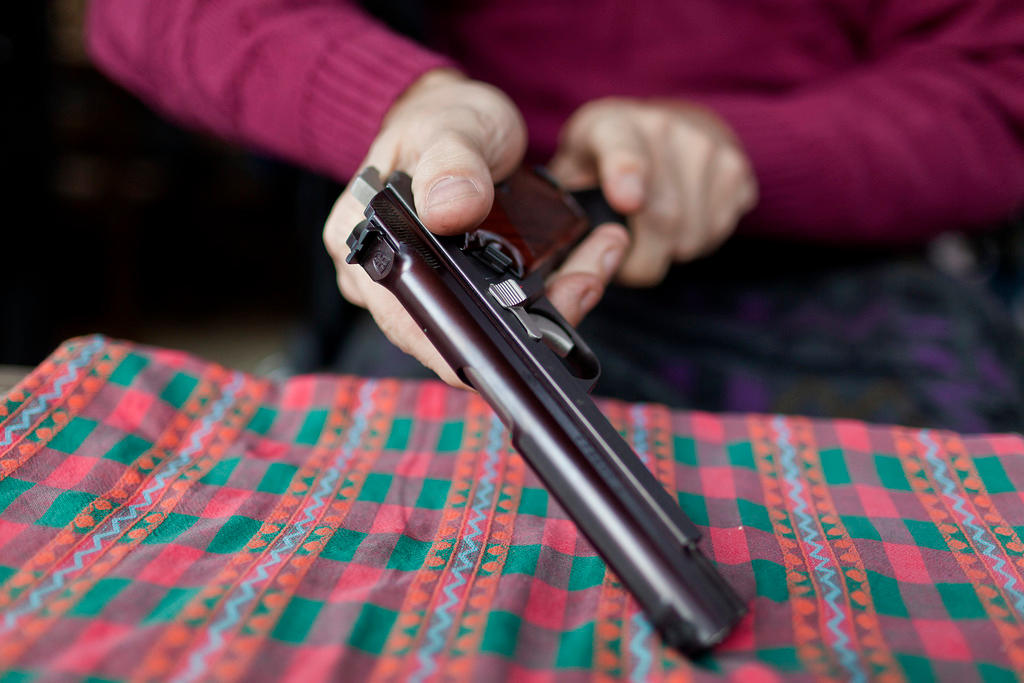
More
Regulating firearms in gun-loving Switzerland

In compliance with the JTI standards
More: SWI swissinfo.ch certified by the Journalism Trust Initiative










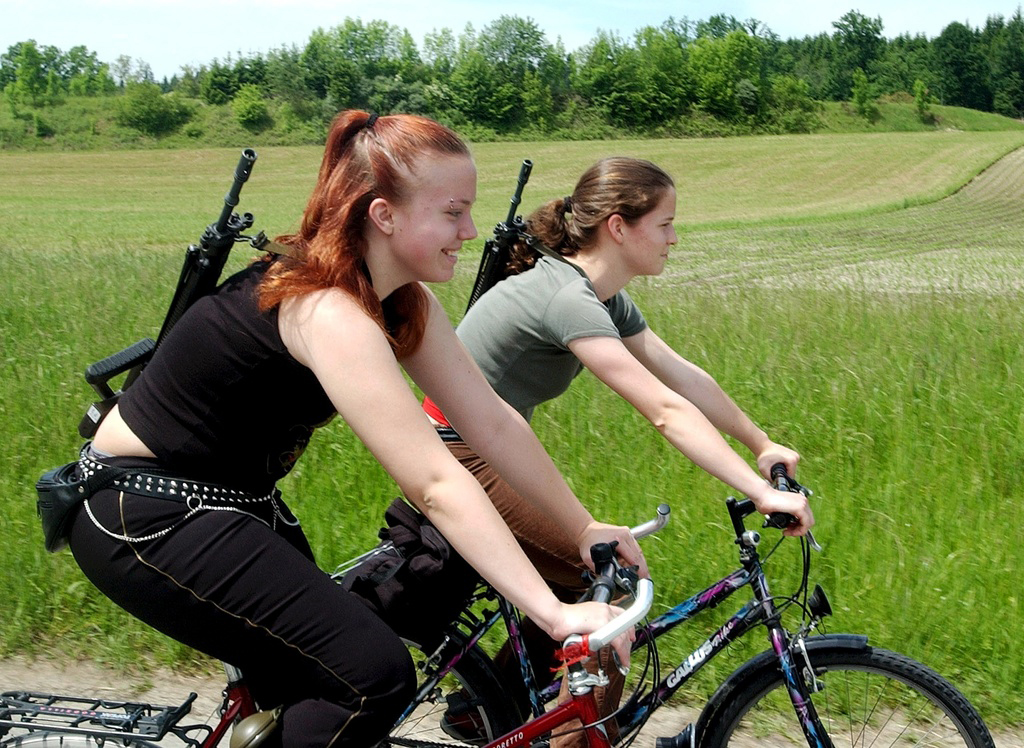
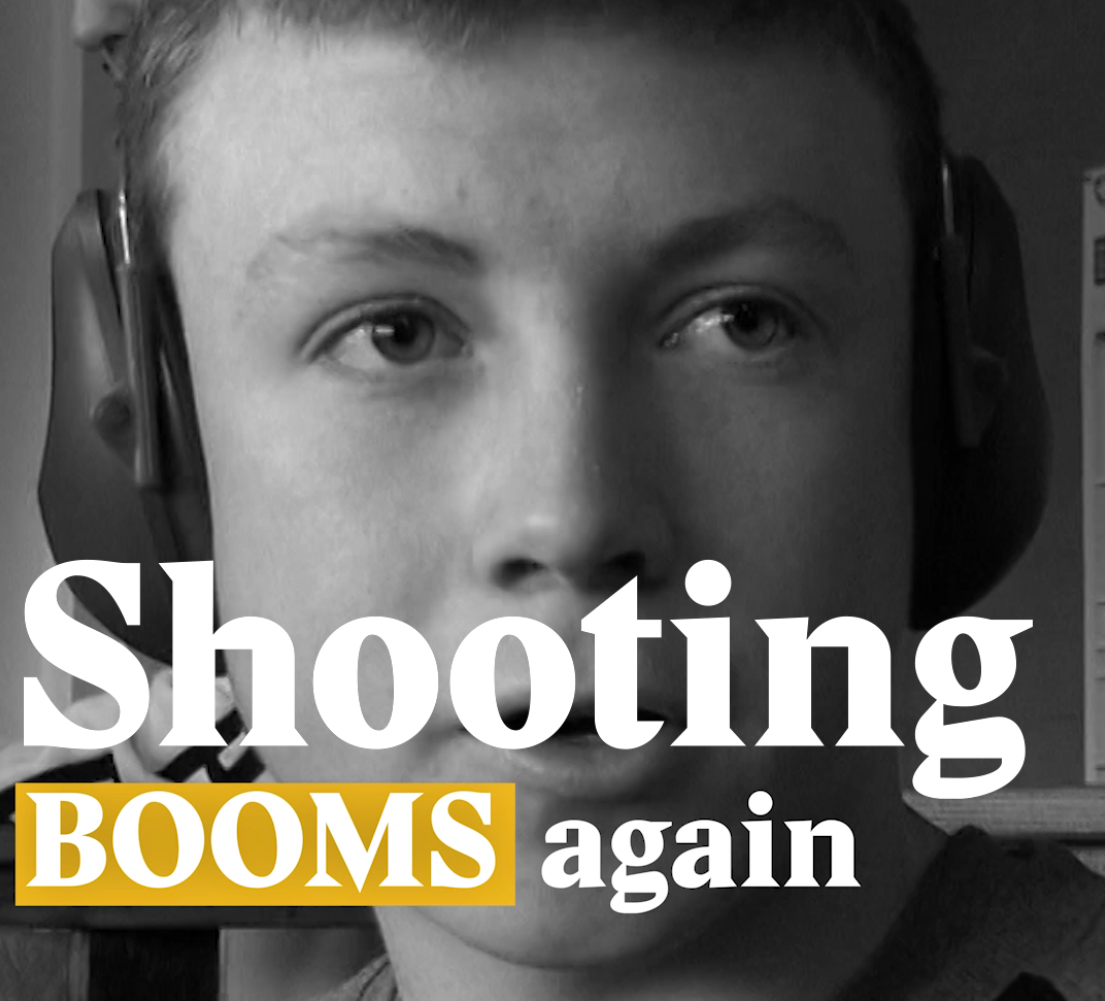


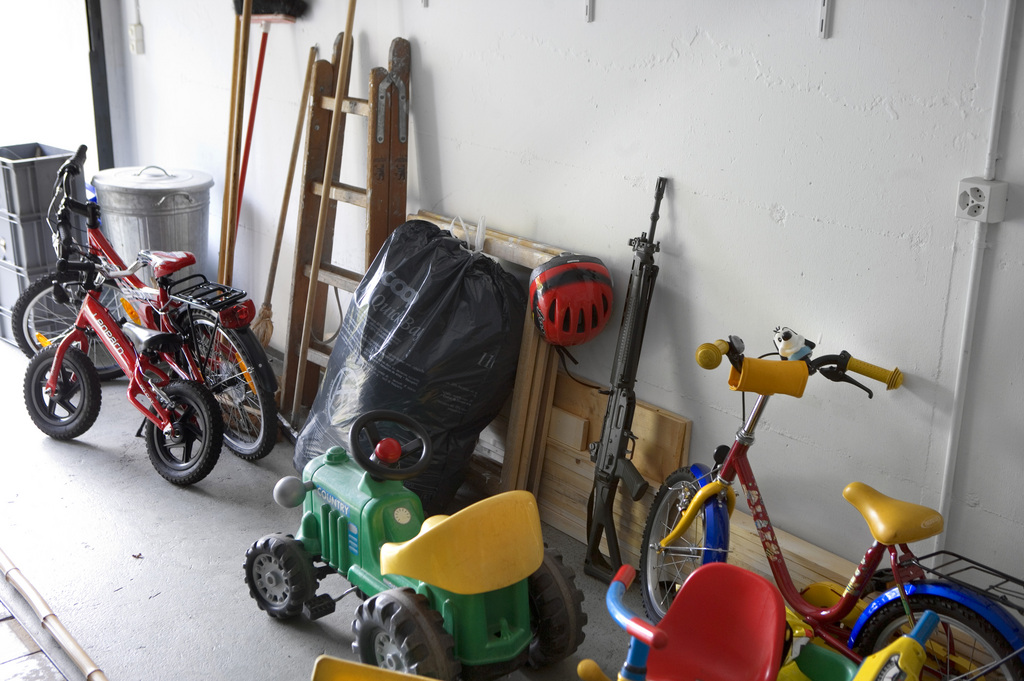

You can find an overview of ongoing debates with our journalists here . Please join us!
If you want to start a conversation about a topic raised in this article or want to report factual errors, email us at english@swissinfo.ch.